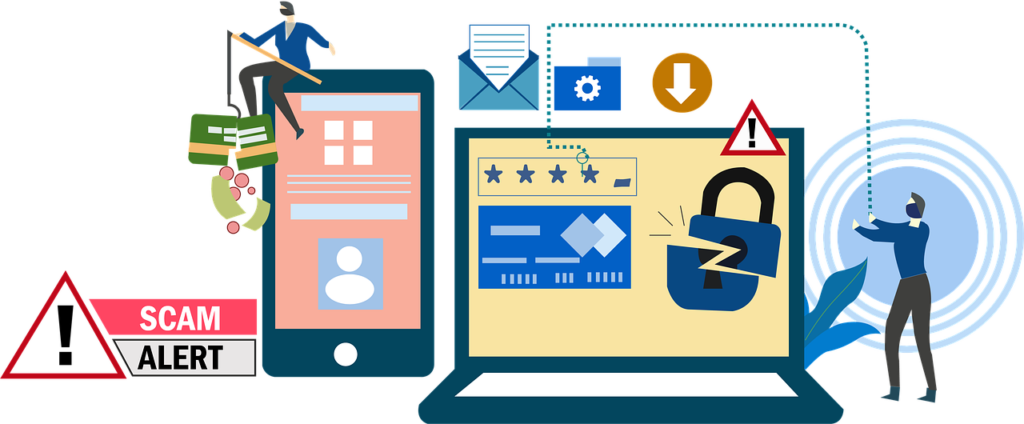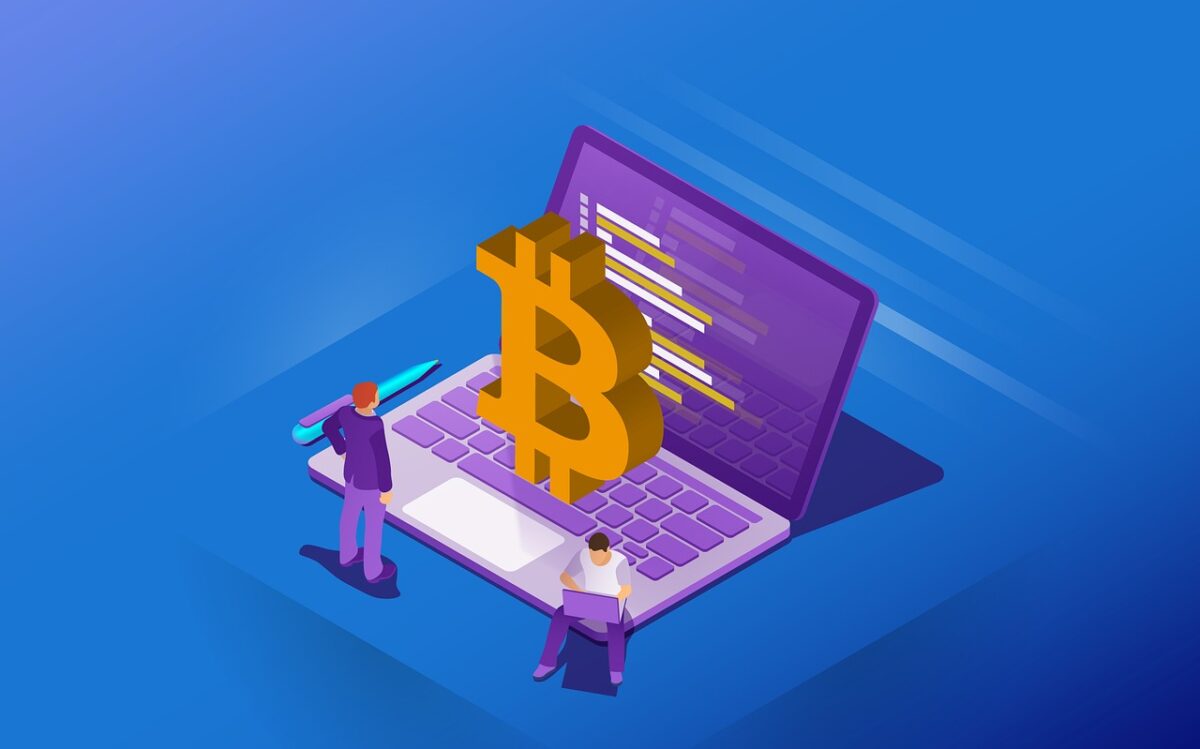Bitcoin is a digital currency that has taken the world by storm. Its value has skyrocketed in recent years, and as a result, more and more people are investing in bitcoin.
While bitcoin trading can be lucrative, it is also risky. To protect your bitcoin investment, you must safeguard your computer and online accounts from cyber-attacks.
This blog post will discuss some essential cybersecurity tips for bitcoin traders.
Post Contents
The Importance Of Cybersecurity For Bitcoin Traders
As the world increasingly digitises, individuals increasingly rely on the internet for various tasks.
This has led to a corresponding increase in the importance of cybersecurity. Nowhere is this more evident than in the world of bitcoin trading.
Bitcoin traders must be ever vigilant against potential security breaches. The anonymous and decentralized nature of bitcoin makes it an attractive target for hackers.
In addition, the large amount of money that can be made through successful attacks provides a strong incentive for would-be hackers.
As such, bitcoin traders need to take steps to protect themselves from potential cyber threats.
This includes using strong and unique passwords, encrypting their wallets, and avoiding phishing scams. By taking these precautions, traders can help ensure that their bitcoins remain safe and secure.
The Most Common Cyber Threats Faced By Bitcoin Traders
The most common cyber threats faced by bitcoin traders are viruses, phishing attacks, and malware.

Viruses
Viruses are malicious software that can infect your computer and spread quickly to other computers connected to the same network.
This allows hackers to access a user’s bitcoin wallet and steal their coins. Additionally, as viruses spread, they can damage or delete important data and files, meaning that traders may lose vital information about their investments or trading strategies.
Moreover, some viruses can also corrupt programs or systems, rendering them unusable until the virus is removed from the computer.
Furthermore, viruses can also cause a massive influx of spam emails or advertisements, making it difficult for traders to focus on their trades.
Finally, hackers may use viruses to gain access to a user’s private details, such as passwords and bank account information, which could lead to financial losses or identity theft.
Phishing
Phishing is an online fraud that attempts to steal sensitive information such as login credentials or credit card numbers.
A typical phishing attack involves sending emails or messages that appear to come from a legitimate source, such as a bank or online store.
These messages often contain links that direct users to a malicious website where they are asked to enter their personal information. If the user enters their credentials, the hacker will access their account.
Furthermore, hackers can use phishing attacks to manipulate markets to profit from the resulting price movements.
By sending emails with false information about price fluctuations, hackers can trick traders into buying and selling at prices not reflective of true market conditions.
This type of attack is known as pump-and-dump and has been successfully used in various cryptocurrency markets.
Malware
Malware is malicious software designed to cause damage or steal data from computers without the user’s knowledge.
Once installed, it can be used for various purposes, including stealing bitcoin wallets and other financial information.
Steps To Protect Your Computer From Cyber Attacks
Computers are becoming an increasingly integral part of our lives, and as such, they are becoming a more common target for cyber attacks.

While there are many steps that businesses and individuals can take to protect themselves from these attacks, there are a few key measures that everyone should take to help safeguard their computers from being compromised.
Keep Your Software Up To Date
Operating systems and applications are constantly updated to patch vulnerabilities that hackers could exploit.
By ensuring you have the latest updates installed, you can help close off any potential entry points for an attacker.
Use Strong Passwords
Using a solid and unique password for each online account would be best. Passwords that are short or easy to guess are much easier for hackers to crack, so it’s essential to choose something that would be difficult for someone else to guess.
A password manager can be a lifesaver for all your online accounts, helping you create secure and organized passwords.
Enable Two-factor Authentication
Another good measure to take is to enable two-factor authentication (2FA) on any accounts that offer it.
2FA adds an extra layer of security by requiring you to enter your password and a code sent to your phone or email when logging in.
This makes it much harder for someone to access your account even if they have your password.
Be Aware Of The Dangers
Finally, knowing the dangers of clicking on links or attachments in emails from unknown senders is essential.
These can often contain malware or viruses that can infect your computer and give a hacker access to your files and data.
If you’re ever unsure about the legitimacy of an email, err on the side of caution and don’t click on anything inside it.
Conclusion
The importance of cybersecurity for bitcoin traders cannot be understated. With the ever-increasing popularity of cryptocurrencies, more and more people are looking to trade bitcoins.
However, with this increase in popularity comes an increase in cyber threats. Hackers are always looking for new ways to steal people’s money, and bitcoins are a prime target.






























